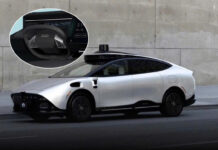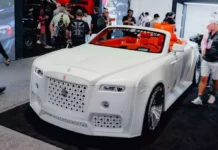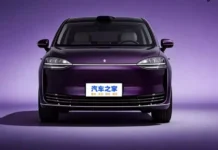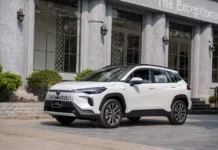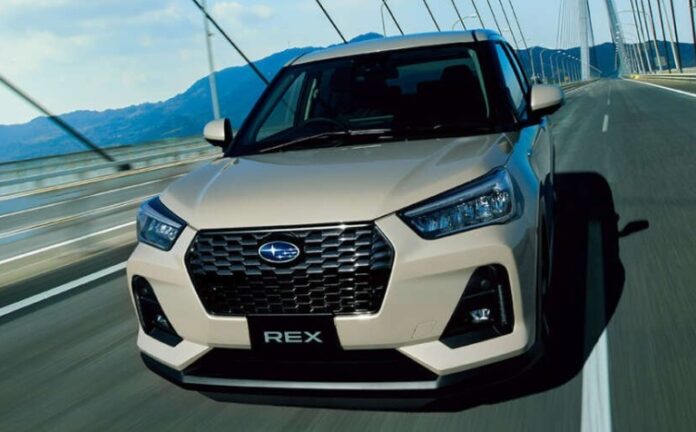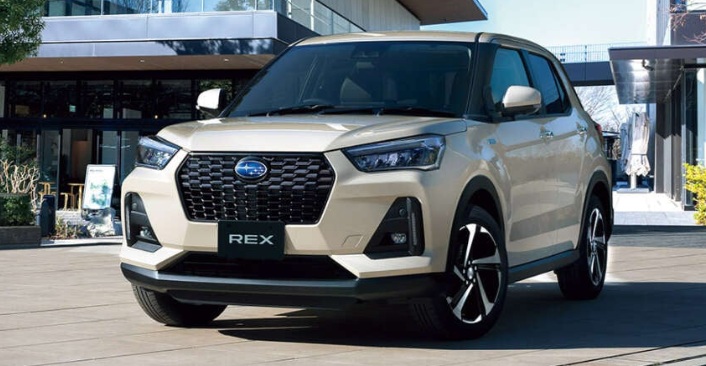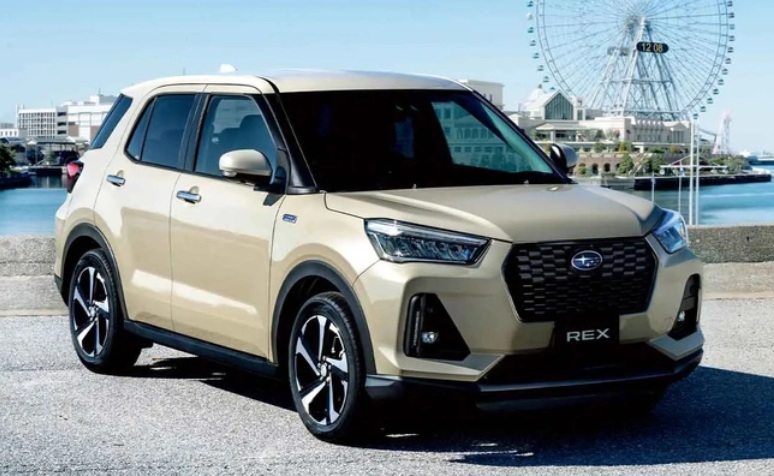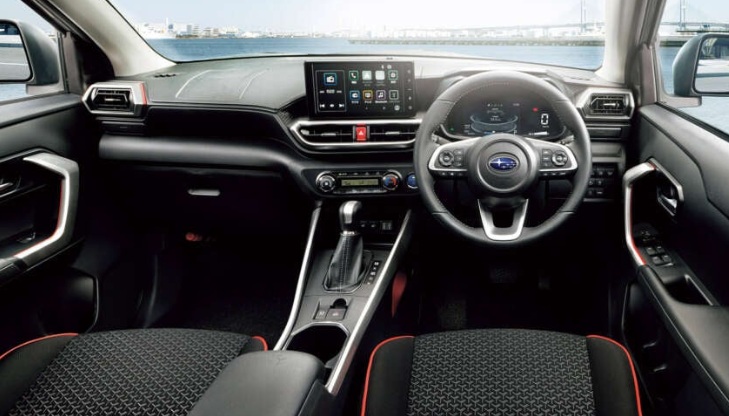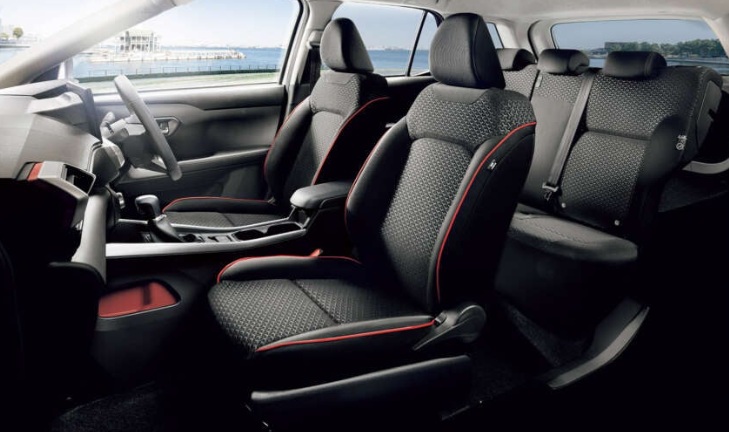Subaru has officially introduced hybrid variants of its small SUV, the Rex. The 2025 Subaru Rex will feature two new configurations, the G Hybrid and Z Hybrid, priced at 2,216,500 yen and 2,608,100 yen respectively (approximately $17,400 – $20,900 USD).
Meanwhile, the traditional gasoline-powered versions of the Subaru Rex remain available, starting at 1,910,700 yen (around $15,300 USD).
First launched in November 2022, the Subaru Rex is essentially a rebadged version of the Toyota Raize or Daihatsu Rocky, both well-known models in the Southeast Asian market. Subaru’s collaboration with Daihatsu, the direct supplier of the Rex, showcases the growing trend of platform-sharing among Japanese brands in the era of electrification.
The highlight of the 2025 Rex is its e-Smart Hybrid system developed by Daihatsu. Unlike traditional hybrid systems, this setup operates on an active EV principle: the gasoline engine doesn’t directly power the wheels but functions as a generator, charging the battery to power the main electric motor.
Specifically, the WA-VEX 1.2L three-cylinder gasoline engine operates on the Atkinson cycle, producing up to 80 horsepower and 105 Nm of torque. The energy generated is stored in a 4.3 Ah lithium-ion battery, which then powers the front E1A electric motor delivering 105 horsepower and 170 Nm of torque, sufficient for smooth urban driving in this small SUV.
Thanks to this mechanism, the Rex hybrid achieves impressive fuel efficiency, rated at 28 km/liter or 3.6 liters/100 km in the WLTC cycle, rivaling the efficiency of large-displacement scooters like the Honda SH 350i.
In terms of design, the Subaru Rex Hybrid is distinguished by its unique front grille, resembling that of the Daihatsu Rocky Hybrid and Perodua Ativa Hybrid. The “Hybrid” badge adorns the body, and the instrument cluster is customized to display electric powertrain information.
Additionally, the vehicle is equipped with a 1.5 kW AC power outlet, a valuable feature for outdoor enthusiasts. The G Hybrid rides on 16-inch alloy wheels, while the higher-spec Z Hybrid boasts 17-inch alloys.
Currently, the Toyota Raize in Vietnam is offered solely with a 1.0L turbocharged gasoline engine. However, with the rising popularity of hybrid vehicles and Toyota’s aggressive “hybridization” strategy in the Vietnamese market, the introduction of the Raize Hybrid seems highly plausible. If this happens, it’s likely that the Daihatsu-developed e-Smart Hybrid system will be reused, as seen in the Subaru Rex and Daihatsu Rocky.
The arrival of the Rex Hybrid not only signifies a step forward in the electrification of small SUVs but also demonstrates how Japanese brand alliances are maximizing shared resources to quickly adapt to changing consumer trends and stringent emission regulations worldwide.
TH (Tuoitrethudo)




